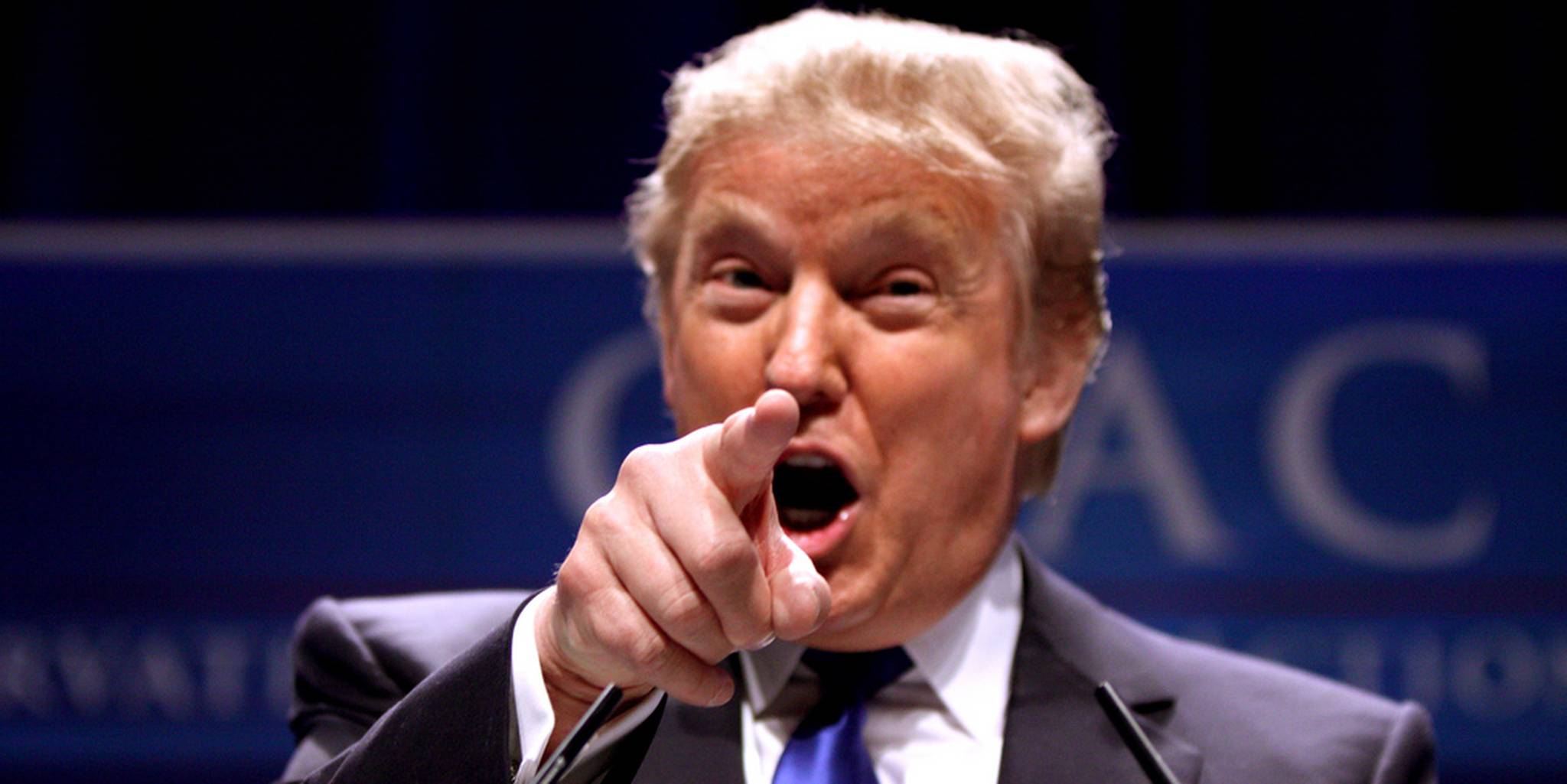Plenty of his opponents have accused President-elect Trump of riding a wave of carefully constructed scapegoating to victory, and in some ways continuing to do so as he prepares to take office. But is he really doing that?
Researcher on the psychology of threat, Daniel Sullivan, published about the best summary and explanation of why people scapegoat, and how his appreciation of that served Mr. Trump. You can read the whole piece – not terribly long and totally accessible for the non-experts which most of us are – at Quartz. Or, I can make it really easy for you by telling you that people scapegoating, comes down 2 things: 1, to feel that they are in control of their lives and 2, to feel that they are people of worth.
No doubt those are important things and we all want them, to one degree or another. There is no doubt that all successful politicians play to those needs, and that the real difference between them being that some we think do so constructively and others do so destructively. People concerned about Donald Trump would argue that he does so destructively, and they may be correct that his rhetoric is destructive, but they are not correct about it being scapegoating – not in the classical sense of the word.
Not only does Donald Trump not scapegoat, I wish he would! In fact, given that the human needs described by Professor Sullivan are pretty universal, I wish we all would try a little real scapegoating. Really.
Scapegoating is actually a remarkably sophisticated and useful ancient technology – one which, contrary to popular belief, addresses our deeply human need to experience a measure of control over our own destinies, and to affirm our inherent worth, while also taking real responsibility for our own misdeeds.
Scapegoating first occurs in the Biblical Book of Leviticus (16:4-28, for the Biblicists among us), and includes sending an otherwise innocent goat into the wilderness to carry away the sins of the Israelites, achieving some sense of control over things in the life of the community and restoring some sense of the their worth. That however is not the entire ritual.
Prior to choosing the scapegoat, the priest in charge of this ritual – President-Elect Trump for those who charge him with scapegoating – must first take stock of and seek expiation for his own sins. Real scapegoating demands acceptance of one’s own misdeeds before that same person can place blame on anyone else.
And perhaps even more amazingly, all those engaged in the ritual scapegoating must then purify themselves for having performed this necessary ritual. The fact that it is humanly necessary, doesn’t mean that those performing the needed service are not themselves tarnished by the experience.
One may detest DJT, see him as leading a great restoration of our nation, or anything in between, but nobody has seen The President-Elect do either of those steps which are as central to scapegoating as the goat itself. So yeah, I wish he would start doing a little genuine scapegoating.
However “unevolved”, “suboptimal”, or even dangerous it may be to blame others, that human trait is not going anywhere soon. The real question is how to moralize or ethicize the need to blame others, and I think scapegoating – real, full-on, Biblical scapegoating, has real potential.
In fact, given that we all need to cast blame at one time or another as part of coping with whatever we think is going wrong – be it in our lives, our country, or our world – I hope that we would all start doing a little real scapegoating. We would start by assuming our own role in whatever we think has gone wrong, and end by taking stock of how we dirtied ourselves by seeking to offload the problem on others. And as in the Biblical story, the need to do all that starts at the top.
So yeah, I genuinely hope that Donald Trump, and all people in positions of political power and influence, would start scapegoating. It would be a genuine revolution in wedding real psychological need to genuine personal responsibility and moral accountability which could serve us all.

